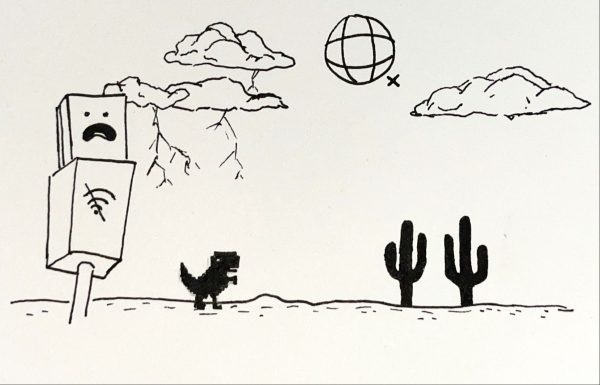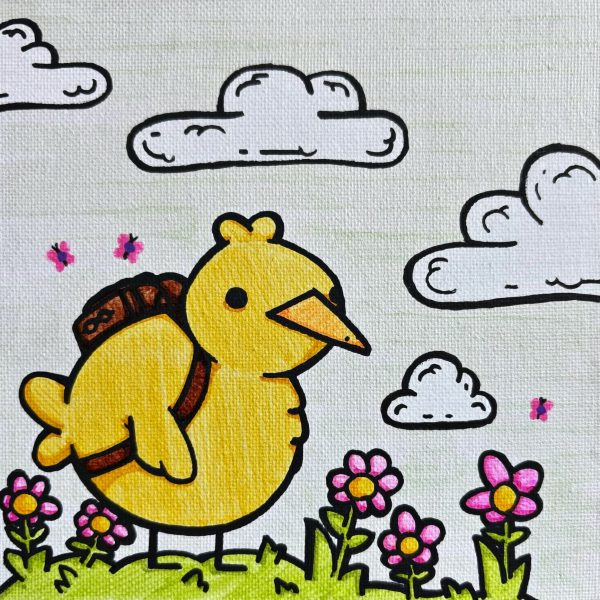What do you remember from sex ed?
September 30, 2005
All of us are “adults” and have one thing in common: sex.
Men with women, men with men, women with women. There are consequences that, even today, people don’t know about or just don’t believe are true, let alone that they can happen to them.
People are having sex at younger ages. However, they are not being taught what it is or how to do it safely. They are not being taught about protection, STDs, emotional attachment and pregnancy.
My mother always used to tell me, “there are worse things out there than being pregnant.” When I was young, I couldn’t think of anything worse than having a child.
So now that we’re adults, do we know it all? What don’t we know? We all have had to go through sex education. I don’t know about anyone else, but sexual education was lame. I felt it didn’t teach me anything except the mere basics. It only gave you info about the human body, sexual intercourse and STDs that young adults should know or that some writer who created a text book thought they should know. What it didn’t give you were hard facts that might scare some young teens from engaging in sexual relations.
According to a Time magazine survey, more than 54 percent of the responders ages 15 to 19 said they had oral sex at least once. So how much does high-school sex education affect us as college students and as adults? The extremely obvious answer is, not much. We turn into adults and still obtain that knowledge, but do you remember what you learned then? What about information regarding STDs? They are not the same today.
According to the Alan Guttmacher Institute, there are more than 20 known common STDs with 12 million cases each year in America.
And according to the Leadership University Medical Health Institute for Sexual Health, it is estimated that one out of five people are affected with a viral STD. Eighty percent of infected people have had no signs of symptoms.
Think about your past relations. Did you and your partner talk about such things? At 16 years old, that stat would have made me not trust anyone, male or female.
It is known that college students often turn to experimental sexologists and engage in varied sexual relations. According to the New England Medical Journal, 34 percent of men and 10 percent of women have told lies in order to have sex, and 68 percent of men and 59 percent of women have been involved with more than one person that their current partner does not know about.
To add one more frightening statistic, 47 percent of men and 42 percent of women would understate the number of their previous partners in order to convince someone to have sex. Knowing this, I may second guess who to sleep with, and who not to, for the rest of my life.
Does this sound a lot like college life? Some people may have stories where they found their “true love” in college, but how many others did they have to sleep with to get to that one person?
In a perfect world, free love would be everywhere and there wouldn’t be STDs or accidental pregnancies. However, it’s 2005, and it certainly isn’t a perfect world. STDs are all around us. Are we any smarter about our sexual health and relations now that we’re adults?
I did the research and I still feel there is more to learn. In the late 1930s, Dr. Alfred C. Kinsey devoted his life to finding out more about sex and sexual behaviors. This started a snowball effect in sex education. However, education is a never-ending process. One of his key experiments was practice.
Practice makes perfect, but do it wisely, truthfully and safely.
Columns reflect the opinion of the author and not necessarily that of the Northern Star staff.











